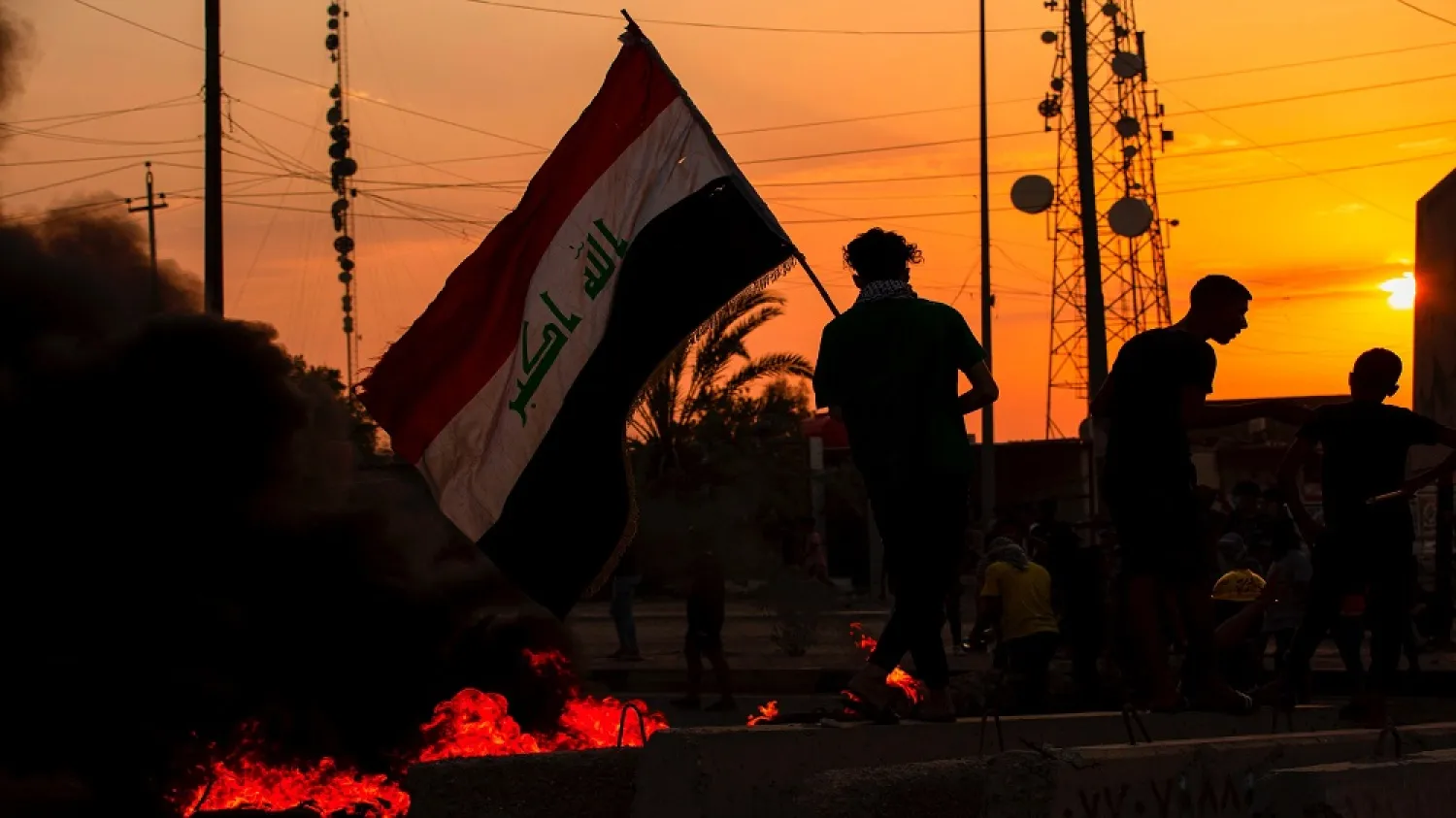Iraqi Prime Minister and commander-in-chief of the armed forces Mustafa al-Kadhimi sacked on Monday head of police in the southern city of Basra due to the recent string of assassinations that targeted activists from the popular protest movement.
The protesters in Basra and other provinces accuse police chief, Rashid Fleih, of being complicit in the oppression of activists. Fleih had previously slammed the protesters, accusing them of “collaborating” with foreign powers.
A spokesman for the armed forces announced that he will be replaced by Abbas Naji.
He also said that Kadhimi had also relieved head of the national security agency in Basra of his duties.
Protesters in Basra have been in uproar after the assassination on Friday of activist Tahseen Usama al-Shahmani. They have been demanding the dismissal of Governor Asaad al-Aidani and Fleih, who was appointed to his post in 2019 during the term of former PM Adel Abdul Mahdi.
Activists hailed the news of Fleih’s sacking, demanding that he be held accountable for the killing of protesters.
On Monday, they had also set a 24-hour deadline for authorities to uncover Shahmani’s killers. With the expiry of the deadline and no word from the authorities, they attacked the governor’s residence and set some of it on fire.
In a sign of the authorities’ ongoing failure to meet protester demands, gunmen on Monday opened fire at three activists in central Basra, wounding two.









